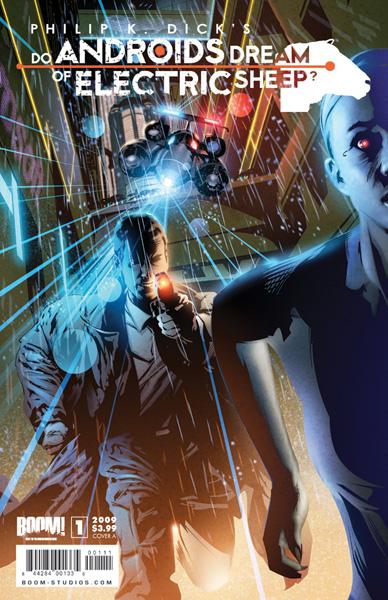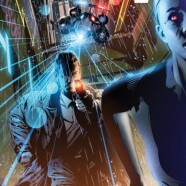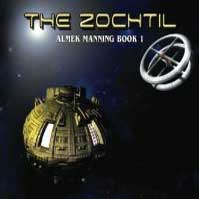Book Review: Do Androids Dream of Electric Sheep? by Philip K Dick
 Do Androids Dream of Electric Sheep? was written and first published in 1968. Apparently this was the primary basis for the 1982 film Blade Runner directed by Ridley Scott and starring Harrison Ford.
Do Androids Dream of Electric Sheep? was written and first published in 1968. Apparently this was the primary basis for the 1982 film Blade Runner directed by Ridley Scott and starring Harrison Ford.
Unfortunately I did not enjoy this book as much as I’ve enjoyed a lot of the books that I’ve read lately. I think that the story pace and the unexplained reasoning behind a lot of the actions that go on in this book are the causes for that. Now what I said about how I didn’t enjoy it as much, please don’t misinterpret that as I didn’t enjoy it at all. There have just been a lot of really good books lately.
This book is set in a post-apocalyptic near future where Earth is totally polluted by nuclear war, radiation poisoning is common place, owning an animal is a sign of status, and most things are either extinct or like humans, well on their way to being extinct on earth.
For the most part this book is about Rick Deckard, a bounty hunter inheriting six of the most dangerous androids that must be “retired” without getting himself killed. Throughout the book, it’s focused more on human emotion, our sympathy towards animals, and the methods used to detect if someone is real or an android based on measuring these attributes.
In this book I find several parts of it entertaining. In particular I like the “chicken heads” that are more or less people with radiation poisoning that are destined to die on earth. They are not allowed to leave earth and move to a world colony. I like the way they were portrayed in the book, and I like the way that they don’t understand why they are treated the way they’re treated but still accept it. In addition I like the use of the word “kipple,” and I like the way that it’s referred to and explained from the viewpoint of a chicken head. I find myself using words like this in everyday life after I’ve read about them when such great detail and thoughts gone into their use.
I’m less fond of the mind meld emotion box with overtones of religion. They don’t seem to have a clearly defined purpose for being what they are, other than to leave a lot unexplained. There’s a lot left to the imagination here, and in some cases this can be good. I think that in this case that aspect of it detracted from the book a little bit.
Overall it’s a good read. It is a little slow at times, and for that I give it a rating of 6 1/2 out of a possible 10. Philip K. Dick has a tremendous amount of books on the market, and I’m sure that most of them I would like. And although this was not one of my favorites, I’m sure several others of his in the future will be on the top of my list.












